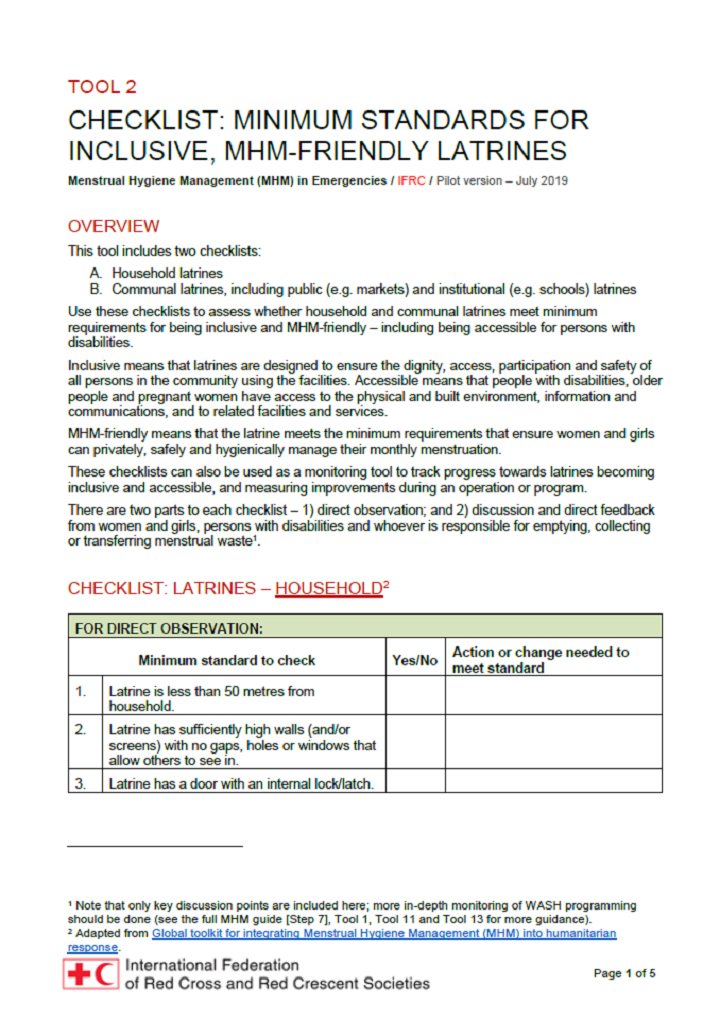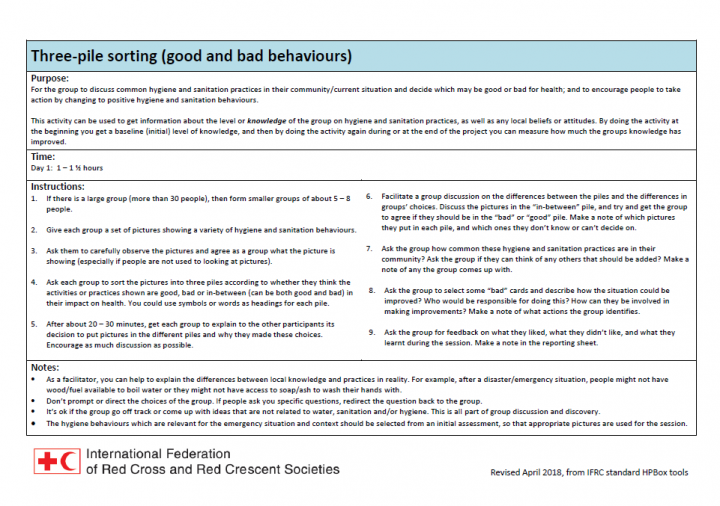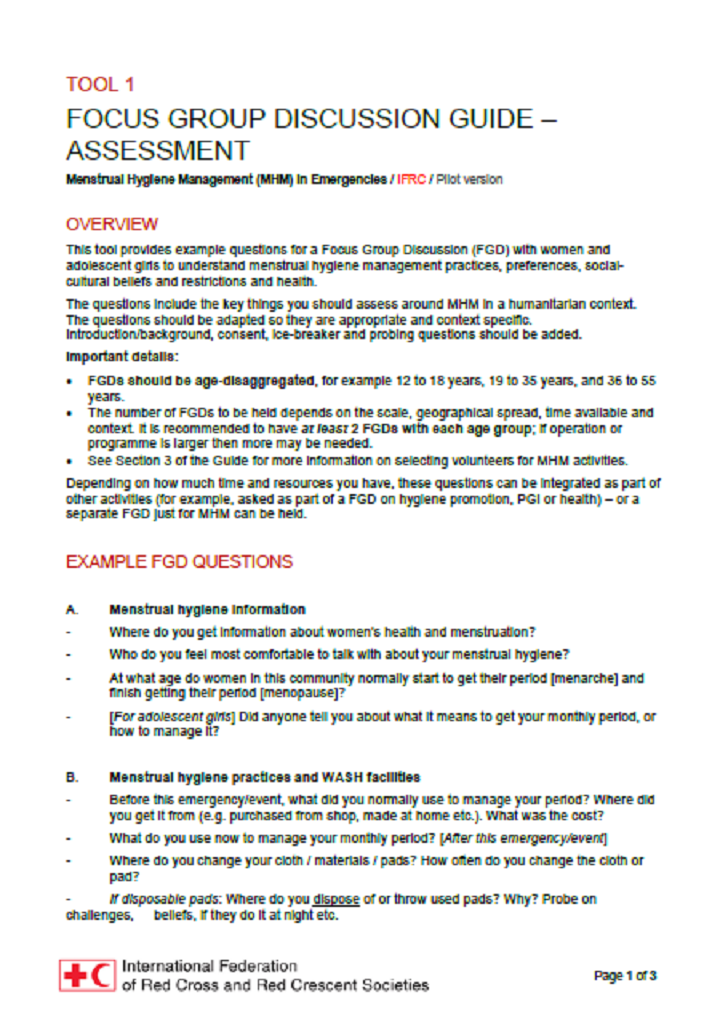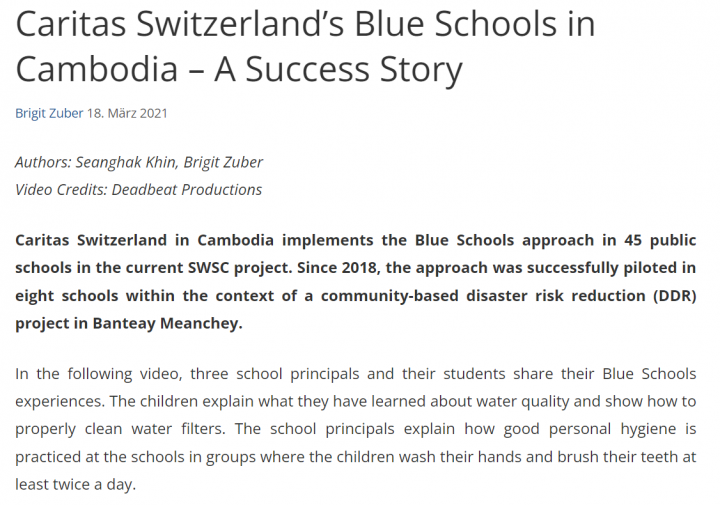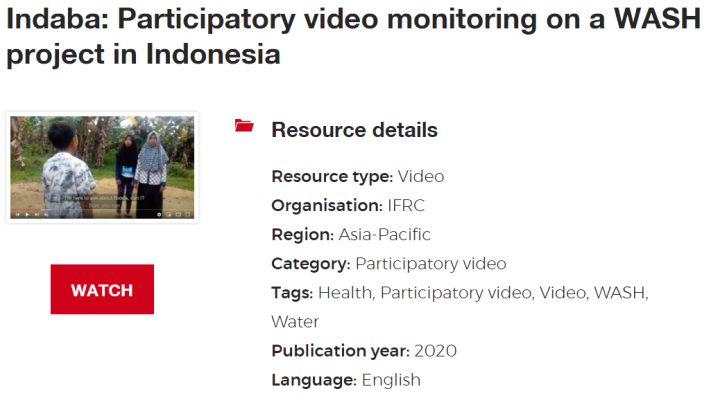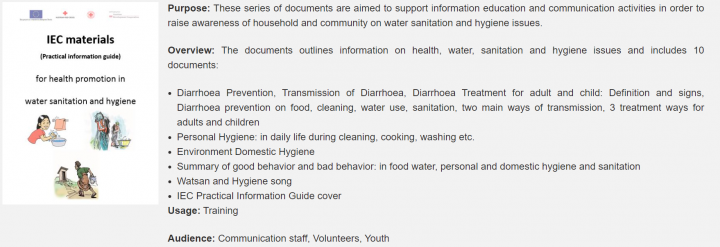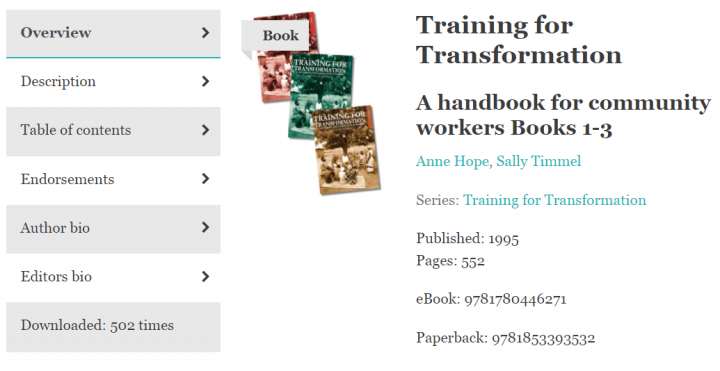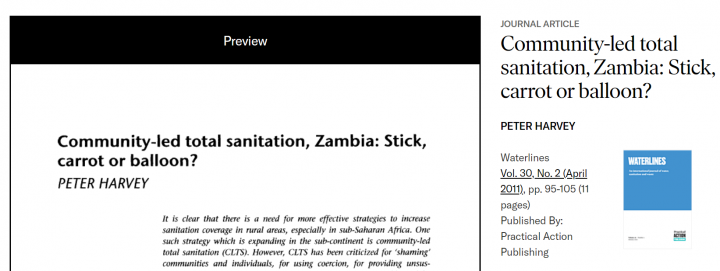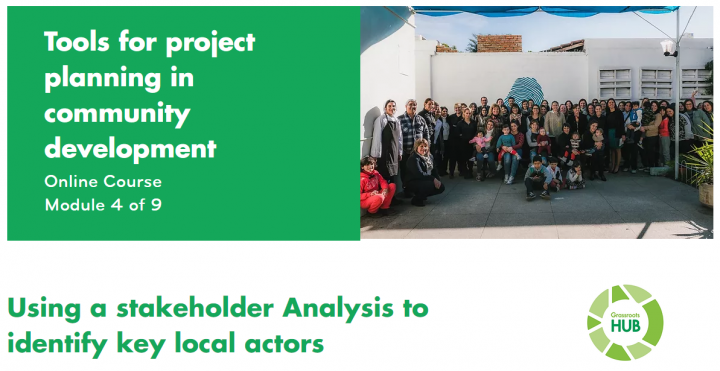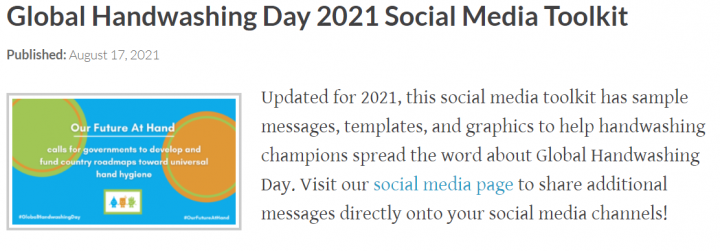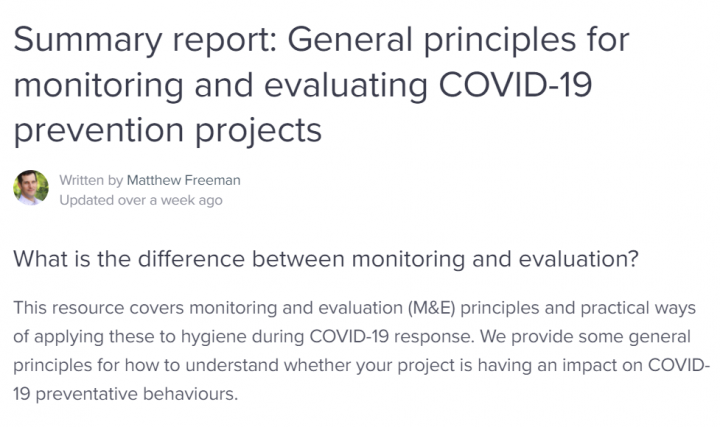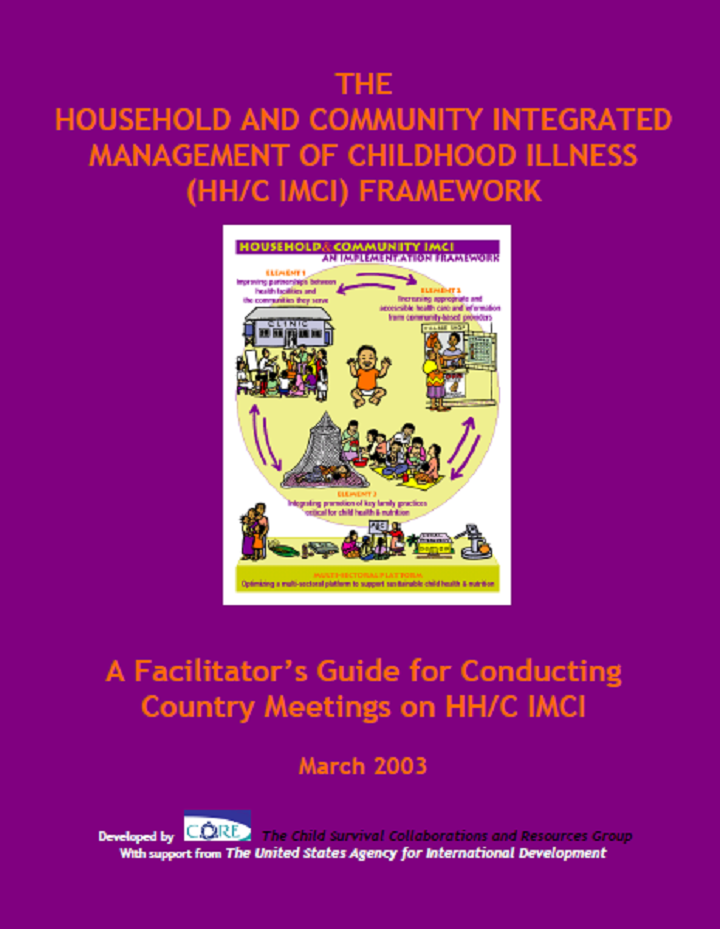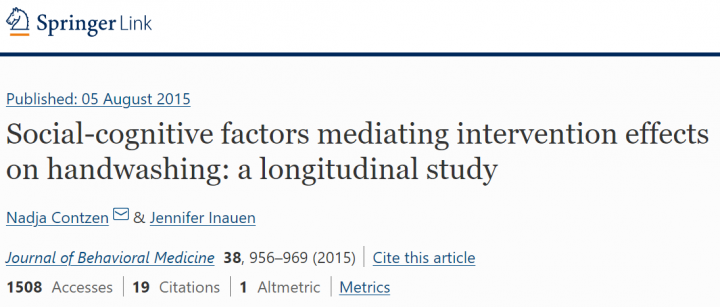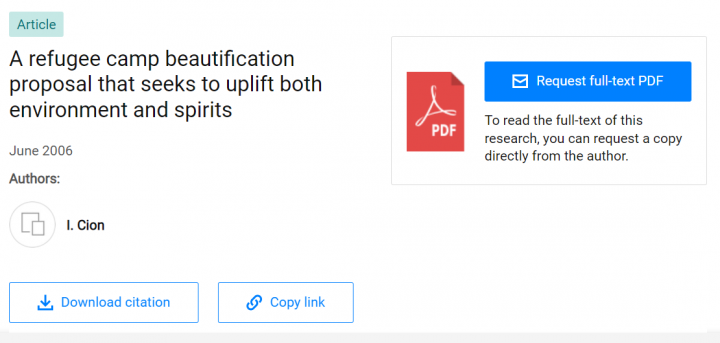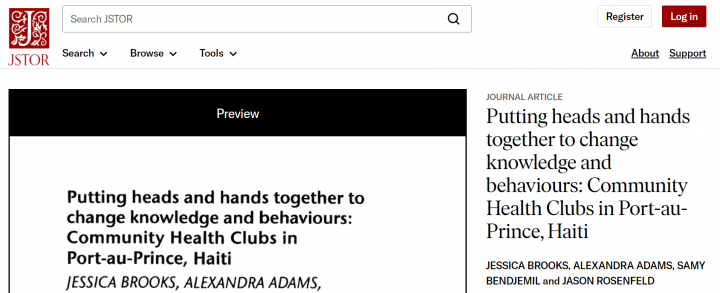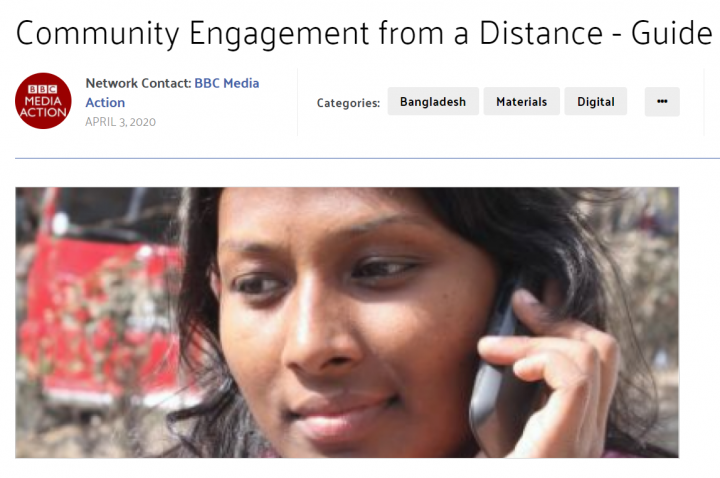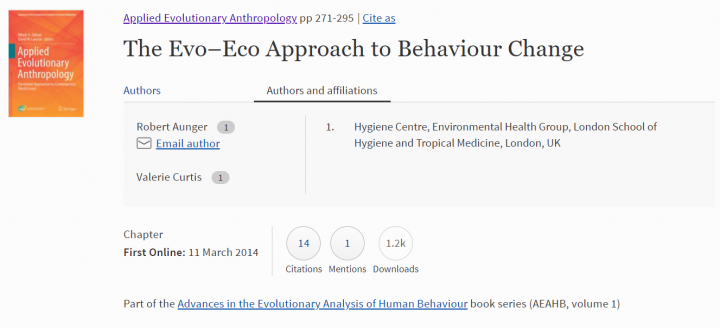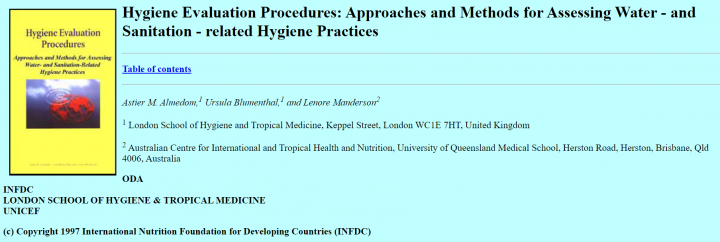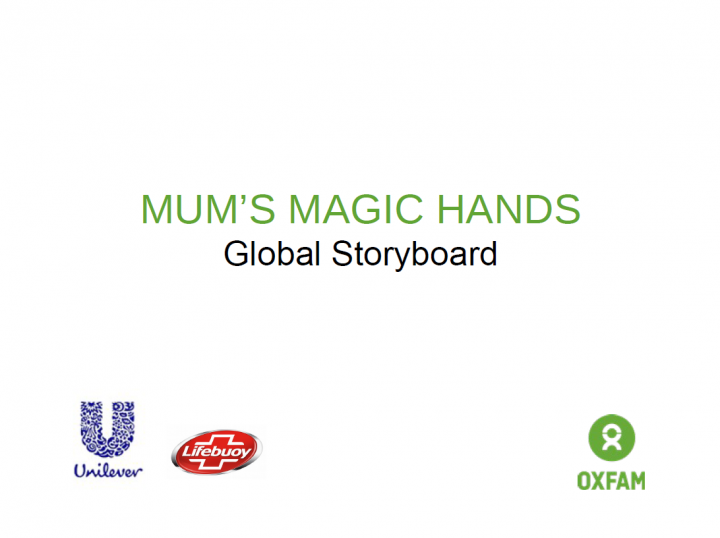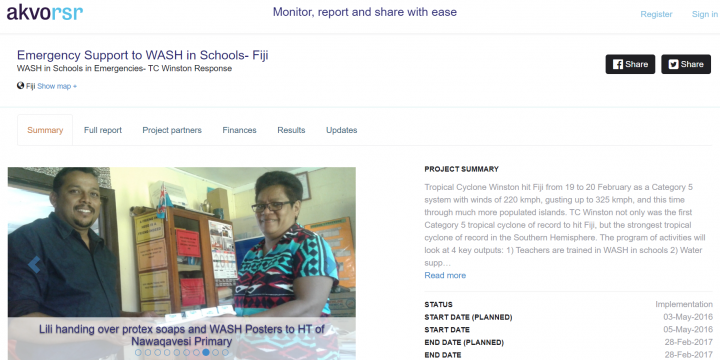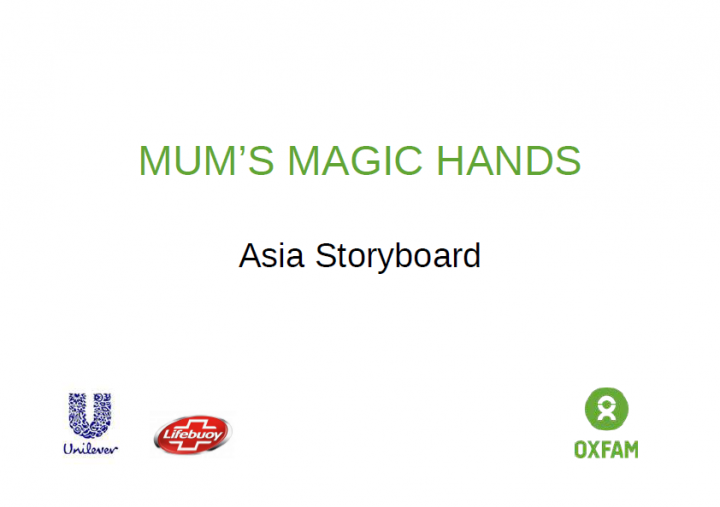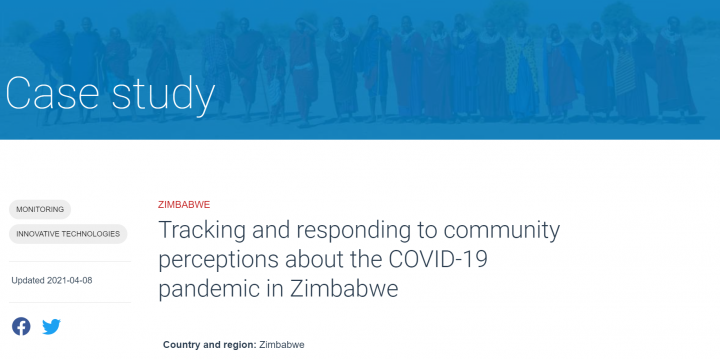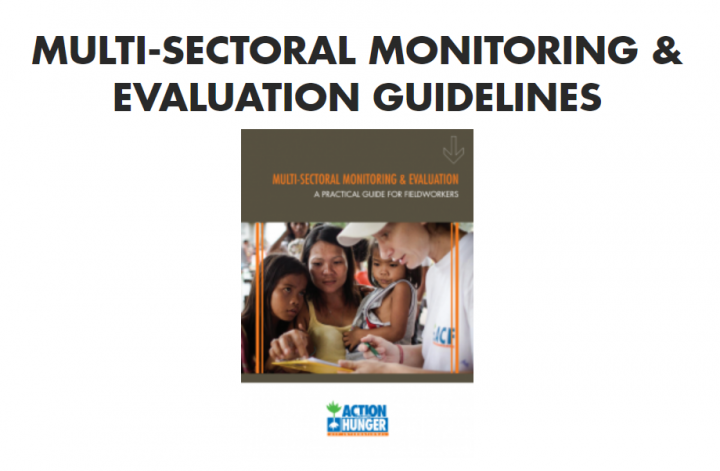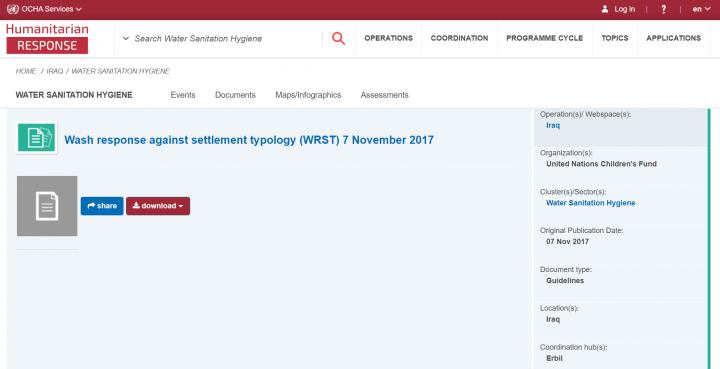Searching for information on Sanitation Workers?
The Sanitation Workers Knowledge + Learning Hub is the best source for all current news, trends, articles and updates on sanitation workers rights around the world.
This tool includes checklists for (1) household latrines, (2) communal latrines, including public (e.g. markets) and institutional (e.g. schools) latrines to assess whether household and communal latrines meet minimum requirements for being inclusive and MHM-friendly – including being accessible for persons with disabilities.
These guidelines outline a step-by-step process for Red Cross Red Crescent staff and volunteers to plan and implement effective, context appropriate hygiene promotion, without taking shortcuts or delivering ‘hygiene messages’. The guidelines provide National Societies with a standard approach for quality assurance, and an opportunity for more effective training and monitoring.
A participatory video by youth from the community of Tumbit Melayu feedback on the water, sanitation and hygiene promotion (WASH) project implemented by the Indonesian Red Cross Society (Palang Merah Indonesia-PMI) with the support of IFRC in the district of Berau, East Kalimantan province.
The documents outlines information on health, water, sanitation and hygiene issues and includes 10 documents:
Diarrhoea Prevention, Transmission of Diarrhoea, Diarrhoea Treatment for adult and child: Definition and signs, Diarrhoea prevention on food, cleaning, water use, sanitation, two main ways of transmission, 3 treatment ways for adults and children
Personal Hygiene: in daily life during …
Three volumes designed to assist workers in the field who are encouraging the development of self-reliant creative communities. The book has as its basic philosophy the belief that we should all participate in making this world a more just place to live in. Training for Transformation integrates the approach of Paulo Freire and how to put his method into practice, Manfred Max Neef's understanding …
It is clear that there is a need for more effective strategies to increase sanitation coverage in rural areas, especially in sub-Saharan Africa. One such strategy which is expanding in the sub-continent is community-led total sanitation (CLTS). However, CLTS has been criticized for 'shaming' communities.
A Positive Deviance/Hearth Nutrition Program (PD/Hearth) is a home- and neighborhood-based nutrition program for children who are at risk for protein-energy malnutrition in developing countries. The program uses the “positive deviance” approach to identify those behaviors practiced by the mothers or caretakers of well-nourished children from low-resource families and to transfer such positive …
Handwashing with soap effectively prevents diarrhoea, a leading cause of death in infants. Theory-based interventions are expected to promote handwashing more successfully than standard approaches. The present article investigates the underlying change processes of theory-based handwashing interventions. A nonrandomised field study compared a standard approach to two theory-based interventions …
A Refugee Camp Beautification project is proposed as a way to uplift both environment and to bring a positive identity to the refugees. A key component of the project is to maximize the sense of ownership and wellbeing. Two radical tools make this type of work possible: digital photography and large format printing onto high quality, durable, light-weight architectural fabrics. Regardless of the …
Although interventions that emphasize the role of knowledge in invoking behaviour change have recently become unpopular, the Community Health Club (CHC) model has demonstrated how group knowledge, consensus building, and peer pressure can be applied to achieve hygiene behaviour change. To date, the model has predominantly been implemented in rural settings, with limited testing in urban …
This short guide to community engagement at a distance is designed to assist development and humanitarian agencies to think through how risk communication and community engagement (RCCE) activities related to COVID-19 can be carried out without face-to-face interaction with communities. It is intended for communities in Bangladesh and was produced by BBC Media Action on behalf of Shongjog …
We introduce a new approach to behaviour change called ‘Evo–Eco’ because of its intellectual roots in evolutionary biology and ecological psychology. This approach is based on the inference that brains evolved to provide adaptive behavioural responses to rapidly changing or complex environmental conditions. From this foundation, we develop a model with three basic components: the …
The handbook provides practical guidelines for evaluation water- and sanitation-related hygiene practices. An evaluation of hygiene practices can be used for the purposes of project planning, monitoring, or final assessment of the project’s impact. The main focus is on the practical concerns of field personnel working in water supply, sanitation, and health/hygiene education projects who want …
Oxfam and Unilever’s Chief Sustainability Office carried out extensive research on handwashing practice in emergency contexts. We found nurture to be one of the most powerful motivators driving handwashing with soap among mothers. Even during a crisis, mothers continue to nurture their children to ensure they go onward in life and succeed in bringing fruition to their efforts and fulfillment to …
Tropical Cyclone Winston hit Fiji from 19 to 20 February as a Category 5 system with winds of 220 kmph, gusting up to 325 kmph, and this time through much more populated islands. TC Winston not only was the first Category 5 tropical cyclone of record to hit Fiji, but the strongest tropical cyclone of record in the Southern Hemisphere. The program of activities will look at 4 key outputs: 1) …
Oxfam and Unilever’s Chief Sustainability Office carried out extensive research on handwashing practice in emergency contexts. We found nurture to be one of the most powerful motivators driving handwashing with soap among mothers. Even during a crisis, mothers continue to nurture their children to ensure they go onward in life and succeed in bringing fruition to their efforts and fulfillment to …
Zimbabwe implemented COVID-19-related restrictions early into the pandemic to limit the spread of the virus. These restrictions added to the ongoing macroeconomic crisis and high levels of inflation have had critical effects on individuals and businesses. Community perceptions associated with the virus and the restrictions, therefore, fluctuated throughout the pandemic.

